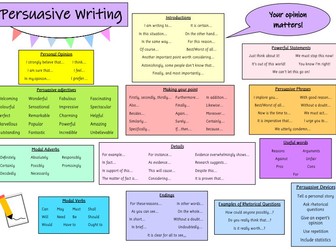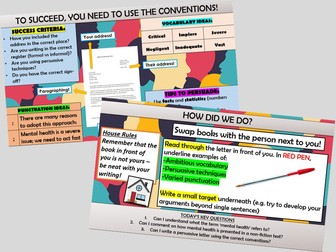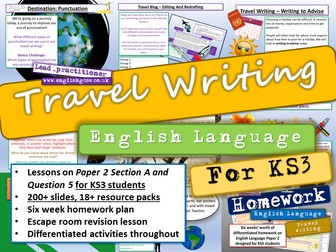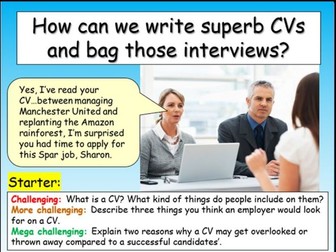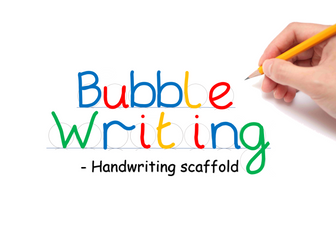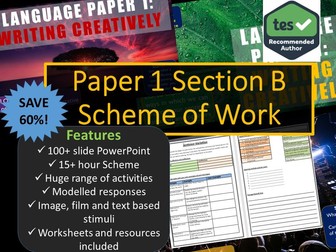
Descriptive / Creative Writing
A fully differentiated and resourced lesson for low ability KS3 and KS4 students to help them develop their sentence starters and use of language techniques to write a description of a winter scene.
Check out our English Shop for loads more free and inexpensive KS3, KS4, KS5, Literacy and whole school resources.*
AQA English Language Paper 1 and Paper 2 Knowledge Organisers
AQA English Language Paper 1 Section A package
AQA English Language Paper 1 Sections A and B package
AQA English Language Paper 1 package
AQA English Language Paper 2 Question 5 package
AQA English Language Paper 1 Question 5 package
AQA English Language Paper 2 Section A package
AQA English Language and English Literature revision package
An Inspector Calls whole scheme package
An Inspector Calls revision package
Macbeth whole scheme package
Macbeth revision package
A Christmas Carol whole scheme package
A Christmas Carol revision package
Jekyll and Hyde whole scheme package
Jekyll and Hyde revision package
Romeo and Juliet whole scheme package
Power and Conflict poetry comparing poems package
Power and Conflict poetry whole scheme package
Love and Relationships poetry whole scheme package
Unseen Poetry whole scheme package
Or check out some Citizenship GCSE, RE, PSHE + RSE resources at EC Resources
